In the middle of the Indian Ocean, there’s a wild and rugged place called Christmas Island. It’s remote, mysterious, and bursting with life. The island’s rainforest stretches across jagged, rocky landscapes, hiding secrets that have lasted for millennia. National Geographic sent our team, led by the legendary Dr. Tom Iliffe, to uncover hidden caves and search for life in some of the harshest environments on Earth. We hoped our discoveries would unlock new insights into how biodiversity thrives in places where survival seems impossible.
Getting there wasn’t easy. The journey tested us, but we were determined to see it through. One scorching day, we trudged through thick jungle and scrambled up razor-sharp cliffs, hunting for cave entrances. Meanwhile, others from our crew took to the ocean, diving into the warm, crystal-clear waters. I couldn’t help but envy them until I returned to base camp one evening and found it unusually quiet. Robber crabs, their claws clicking on the tiled porch, scuttled around looking for shoes to steal from our camp. A note pinned to the message board stopped me in my tracks: “One bent. Call our cell phone ASAP.
Three of our divers had been decompressing on rebreathers when a powerful current swept them far offshore. They deployed a marker buoy, but the chase boat wasn’t responding. Below, sharks circled closer and closer. The divers surfaced early to assess their position, only to realize they were drifting further out to sea. The boat was a speck on the horizon. Waving bright orange markers, they signalled frantically, dreading the idea of ditching their gear and swimming for shore.
Eventually, the boat roared toward them, rescuing them from what felt like a nightmare. But relief didn’t last long. One of the divers started showing symptoms of decompression sickness. His face turned pale, and he grew weaker as nitrogen and helium bubbles wreaked havoc on his body. He lay on the deck, sucking in oxygen while the boat raced back to shore. By the time they reached the hospital, he was improving, though the lack of a hyperbaric chamber meant all he could do was rest. Thankfully, he recovered, but the scare reminded us just how dangerous this mission could be.
Exploring caves on Christmas Island isn’t for the faint of heart. Hidden cave entrances demand gruelling hikes, steep climbs, and nerve-wracking dives into unpredictable waters. But the rewards were incredible. We found creatures perfectly adapted to eternal darkness. Over generations, these animals sharpen their senses of smell, taste, and vibration while losing their eyes and color. They’re like living fossils, giving us a rare peek into ancient oceans and the origins of life on Earth.
Despite the dangers, Christmas Island’s beauty made it all worth it. Its untouched coral reefs, dramatic ocean walls, and lush rainforests are home to some of the most extraordinary wildlife on the planet. Here, nature remains untamed, offering adventure to anyone brave enough to explore it.
Director and Tech Diver Nays Baghai’s film “Diving Into the Darkness” continues to collect accolades on the film festival circuit. Nays and Jill won the Explorer’s Achievement Award presented at the recent Anchorage International Film Festival.
Above: The Anchorage Film Festival award is designed as piece of sea ice!
A note for our friends - We will be traveling throughout the end of December and most of January. During this time, we will endeavor to publish the Explorer’s Mindset newsletter - however, it may not be on the same schedule, and perhaps a bit abbreviated. Thanks for your continued support.
Have a beautiful and peaceful Holiday Season!
We want to share a remarkable musical artist with you today - Arooj Aftab is the first Pakistani person to win a Grammy for her incredible song “Mohabbat.” Enjoy…


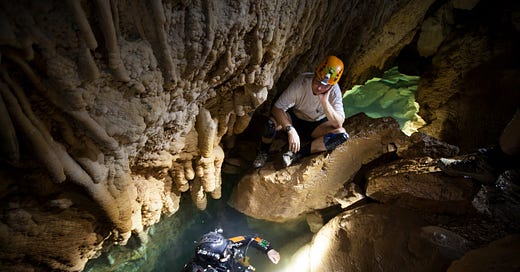


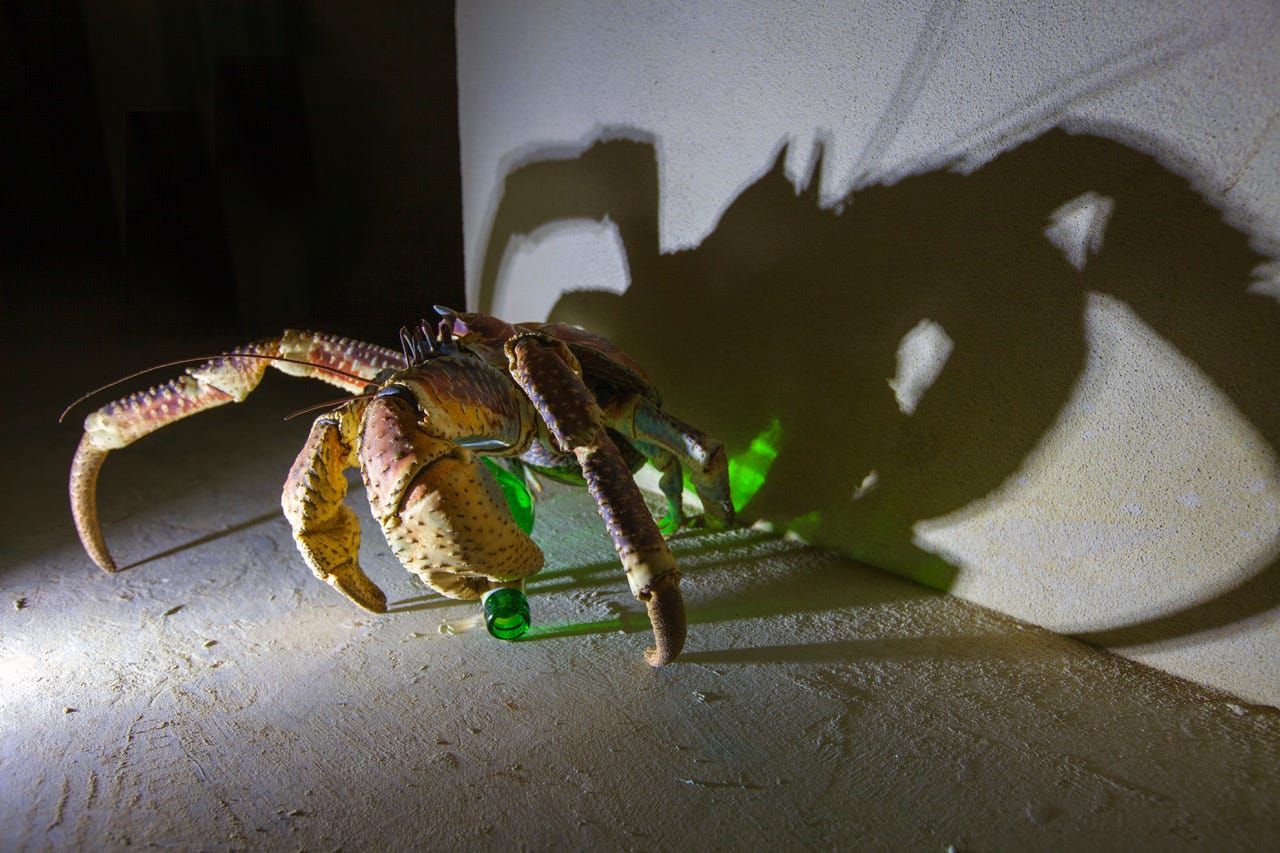
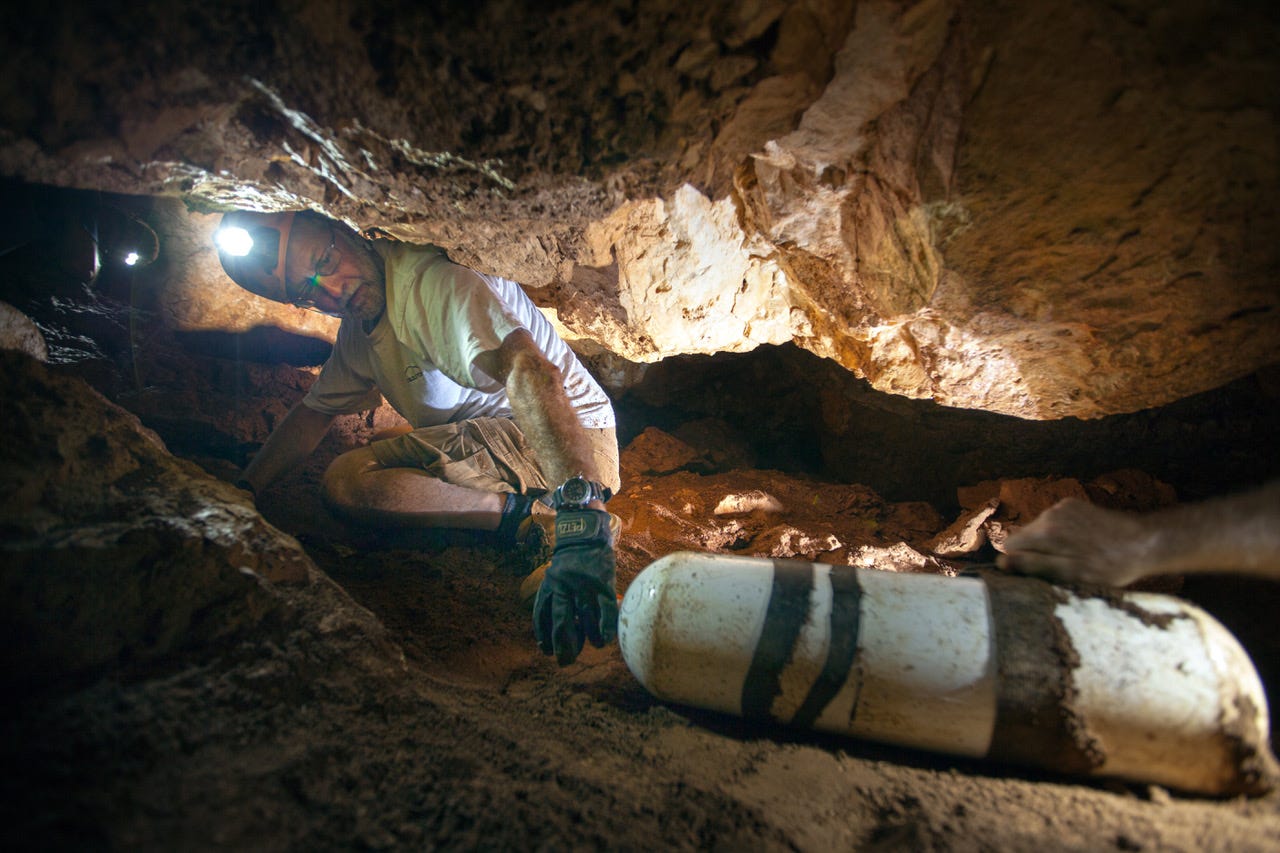
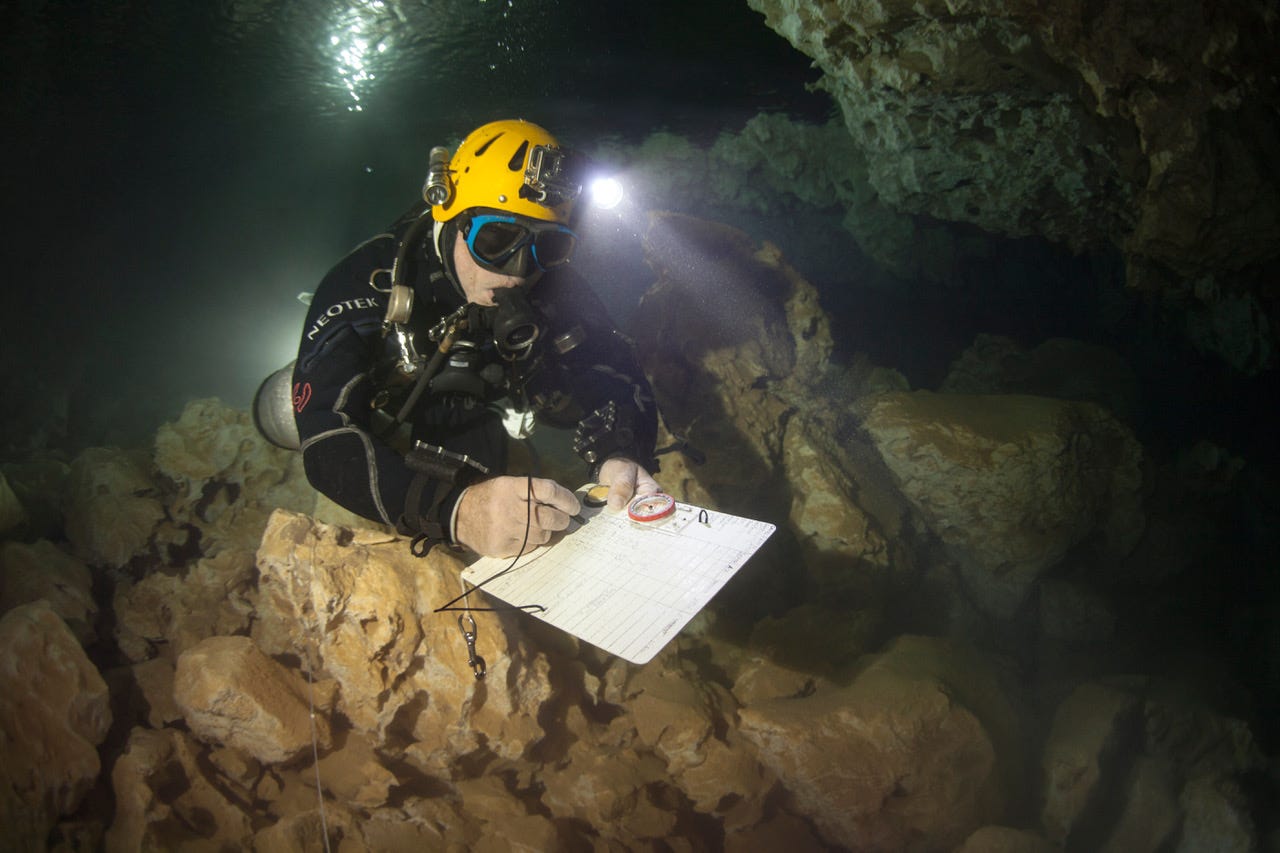

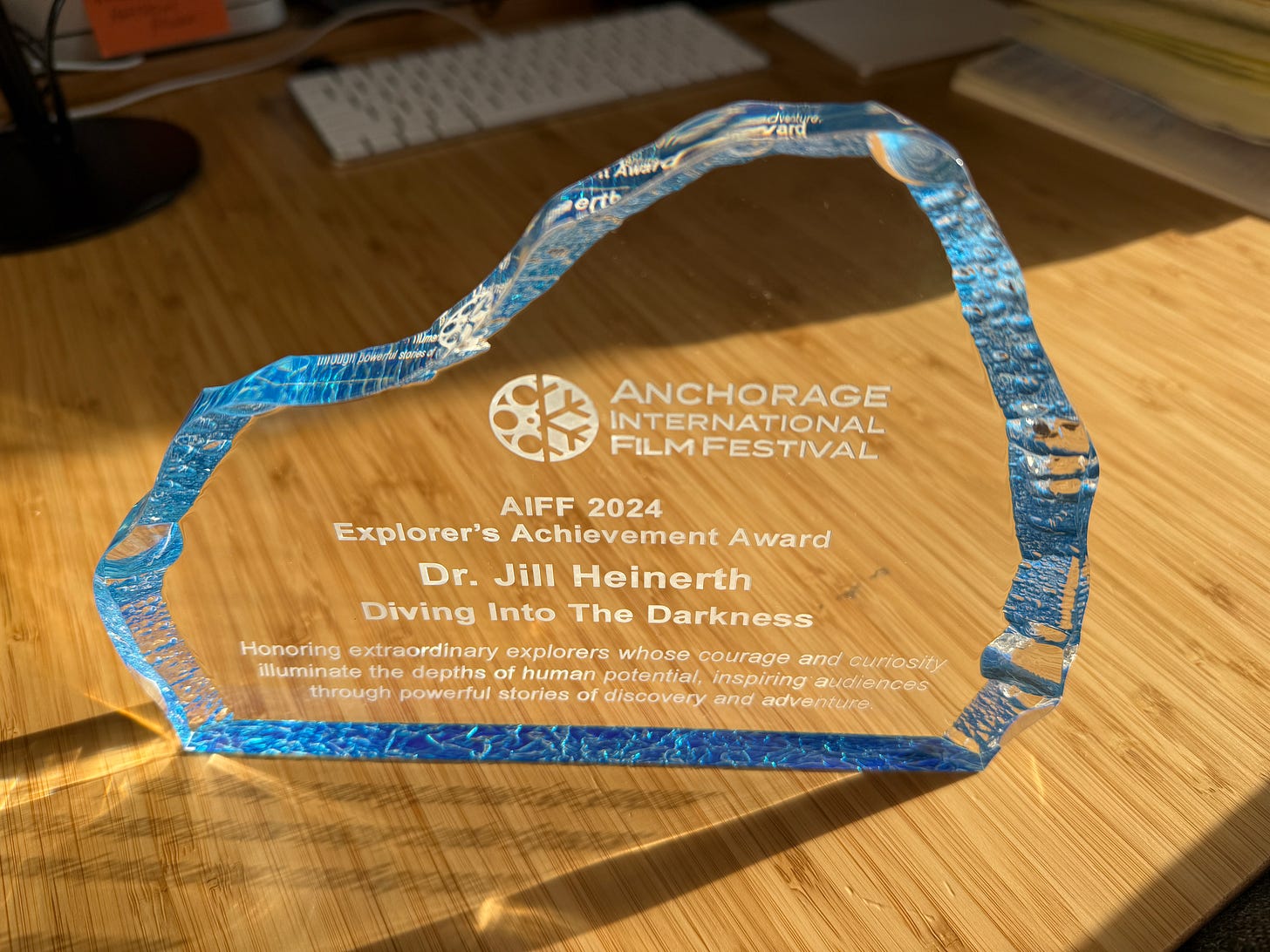
Thanks Barry - Happy Holidays to you! Cheers, Jill and Rob
Thanks for the kind holiday wishes Luca! The very best to you for the season too!